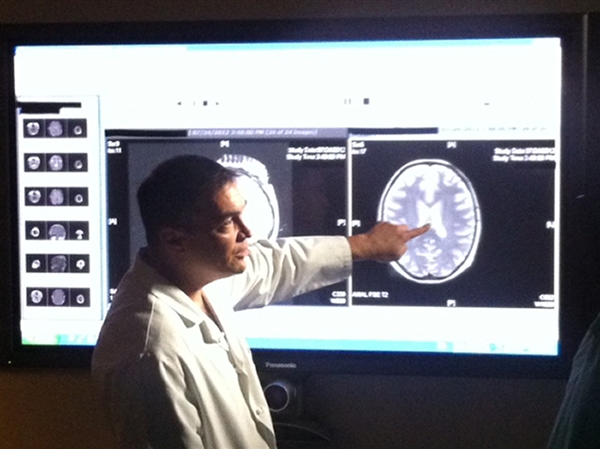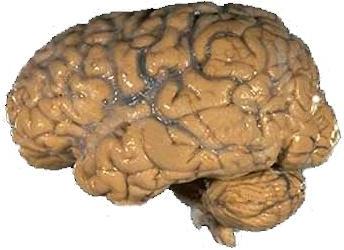An Intro On Nootropics: Just How Useful Are They?
Nootropics have grown immensely popular over the course of the past few years, especially among college students, young adults and patients suffering from dim memory, lack of concentration and drowsiness. Nootropics intend to enhance cognitive functions such as memory, motivation, creativity, and energy and enable users to stay in states of “flow” for longer.
These stimulants are also known as smart drugs and while some of them are sold over the counter, others are impossible to find without a medical prescriptions. Such nootropics are often sold illegally and pose dangerous side effects and severe health risks.
The most notable nootropics are methylphenidates found in Ritalin, eugeroics found in Modafinil, xanthine found in caffeine, and amphetamine found in Adderall and similar products. These and other similar stimulants are used to target the following cognitive and executive functions of the human organism:
Creativity
Motivation
Short-term and long-term memory
Brain productivity
Inhibitory control
Attention
Alertness
Motor ability
But just how useful are nootropics? Can these stimulants really improve all of the above mentioned cognitive functions or is it all just a myth?
Truth be told, the usage of nootropics by healthy individuals as additional stimulants is one of the most controversial topics ever debated among physicians, neuroscientists and even psychiatrists. While it has been proven that some substances can indeed boost our brain functions by increasing our alertness, nootropic stimulants actually pose multiple health risks. Adverse effects are the primary concern in all pharmaceutical drugs, including nootropics. Furthermore, addiction is one of the most perilous side effects in any given substance.
How do nootropics really work?
These so-called smart drugs don’t have the ability to make us smarter or more productive at studying, working or carrying out our daily tasks. They don’t have an instant magical effect, nor do they improve our brain functions for long-term results.
These stimulants affect a variety of neurons located in our brains, which are responsible for making us sleepy, distracted or simply bored. What nootropics really do is additional stimulation of these neurons. They trigger alertness and as such, help us stay awake, focus, recall memories or be overall more productive. In reality, various neurotransmitters in the brain like dopamine and serotonin are responsible for long and short-term memory, attention, alertness, motivation, creativity and inhibitory control. Nootropics target these neurotransmitters and stimulate them in order to recreate the desired effect of increased focus and improved memory function.
Side effects
Nootropics are potentially harmful even when used in moderate dosages in above-the-counter drugs. They can trigger a vast variety of long-term of short-run side effects, such as nausea, sleepiness, weight gain, and decreased memory function, especially when used on frequent basis.
The most dangerous side effect of any drug on the market is its addictive property. Healthy individuals can easily become addicted to smart drugs, even when they are prescribed by a medical expert. Moreover, nootropic supplements cannot improve any cognitive functions in the long run or change the way the human mind works.
How useful are nootropics?
In terms of increasing alertness, and as such making it easier for us to stay awake and focus on our pressing tasks, nootropic drugs can indeed be helpful. However, that doesn’t mean that they make us smarter, more creative, or better at memorizing newly given information and recalling past memories.
These smart drugs are often perceived as a powerful and magical resource, which can give us an instant brain boost. They are popular among college students who are unable to concentrate on their studies or daily workers who are lacking energy and motivation. Unfortunately, nootropics aren’t magical substances which can change your life in a heartbeat. If anything, they are risky and can be hazardous for your health, especially when used frequently.
Healthy individuals often misperceive nootropics as coping mechanisms, mood boosters and productivity reinforcements. This leads to a chain reaction of dependency on the drugs on regular basis, which in return results in addiction and drug abuse. Nootropics can indeed help when it comes to boosting up our energy levels or more likely our alertness, but they shouldn’t be abused.
So, are these smart drugs really useful? Is it worth all health risks and side effects when you can just get a good night’s sleep, drink a cup of coffee and try to focus on the tasks at hand?
Author: Brandon King
















